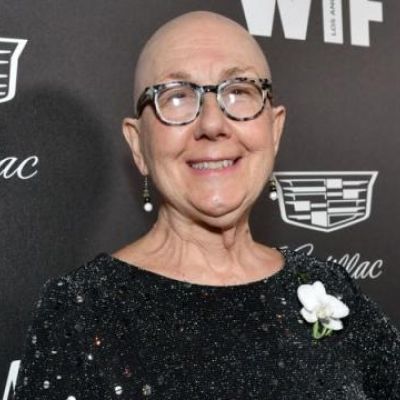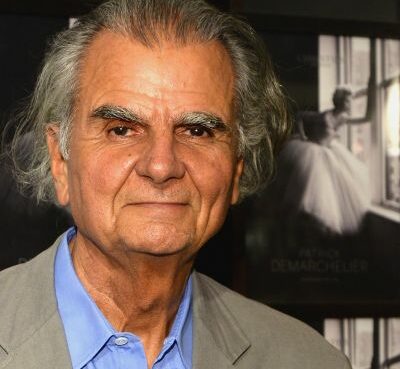Julia Reichert, an American filmmaker, died at the age of 76 after a long struggle with urothelial carcinoma. Reichert died on December 1, 2022, at her home in Yellow Springs, Ohio, according to The Hollywood Reporter. She was accompanied by her family and long-term lover, Steven Bognar, at the moment. Reichert’s documentary career extended more than 50 years and includes an Oscar, which she won in 2020 for the documentary American Factory. The plot revolves around a Chinese billionaire who operates a decommissioned GM facility outside of Ohio that manufactures automobile windshields. Interestingly, American Factory depicts Chinese and American employees collaborating while implementing sophisticated technologies.
Julia Reichert often worked with her husband on films on societal topics.
Julia Reichert was born on June 16, 1946, in Princeton, New Jersey, to Louis and Dorothy Reichert. She graduated from Bordentown Regional High School in 1964 and went on to work as a documentary filmmaker. She and Jim Klein launched New Day Films in 1971 after realizing there were few possibilities for distributing films created by and about women. The firm is still in operation today.

Julia, known as the “godmother of the independent cinema business,” started her career with the 1971 picture Growing Up Female, which the Library of Congress’s National Film Registry designated as “culturally, historically, or aesthetically important.” Reichert regularly worked with her husband, Steven Bognar, on documentaries on gender inequality, class prejudices, and the influence of the economy and racism on the middle class. Union Maids (1976), Seeing Red: Stories of American Communists (1983), and The Last Truck: Closing of a GM Plant are among her Oscar-nominated films (2009).
Julia was asked whether she always intended to improve the world or be a filmmaker in a June 2019 interview with CBC radio, to which she replied:
“Oh, definitely transform the world… That’s exactly what we were thinking. I say ‘our’ because we felt like we were part of a great movement at the time — the late 1960s to the mid-1970s and beyond.”

She also claimed that she never referred to herself as a filmmaker until others did. Julia was diagnosed with non-lymphoma Hodgkin’s in January 2006 and went into remission the following year. In 2018, however, a new case of Stage 4 urothelial carcinoma was discovered.
“A filmmaker, class fighter, radical feminist, and mentor,” netizens said after learning of Julia Reichert’s death.
Following Julia’s passing, Twitteratis paid respect to the acclaimed filmmaker’s work. Several users recalled her activism and vision in documentaries, with one calling her a “patriot” for creating films that caught “real views of 21st century American work.”
Our hearts are broken, but we find solace in remembering the love and genius she brought to us and the world. She was friend, family, and a true model for engaged artists everywhere. Please everyone put Julia Reichert (1946-2022) in your thoughts today and every day. pic.twitter.com/r8aZLk0Dwv
— Reverse Shot (@reverse_shot) December 2, 2022
RIP Julia Reichert. She made American Factory AND A Lion in the House AND she yelled “Workers of the world unite!” on stage at the Oscars. And she and Steve were so nice to me 25 years ago in Dayton, Ohio when they had no reason to be. One of the giants of documentary filmmaking. pic.twitter.com/SsHhu3J4oj
— Dusty (@huskydusty) December 2, 2022




